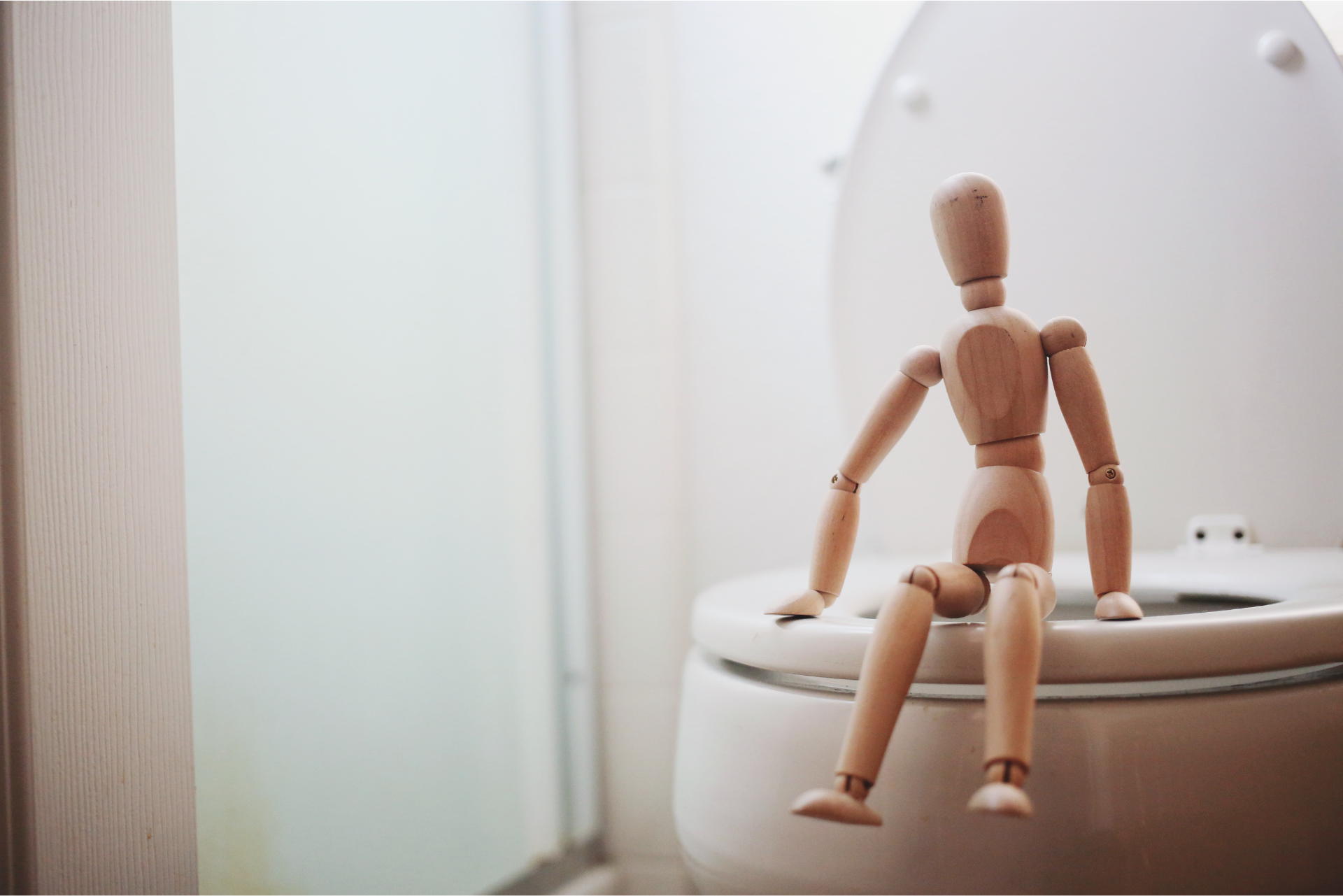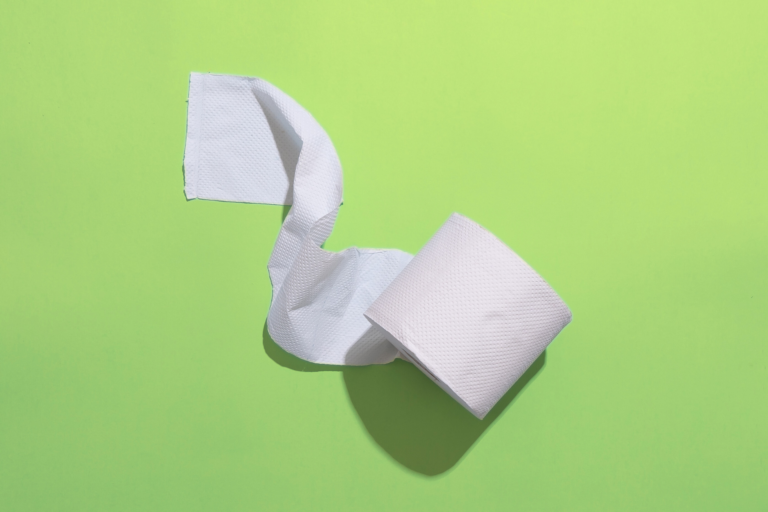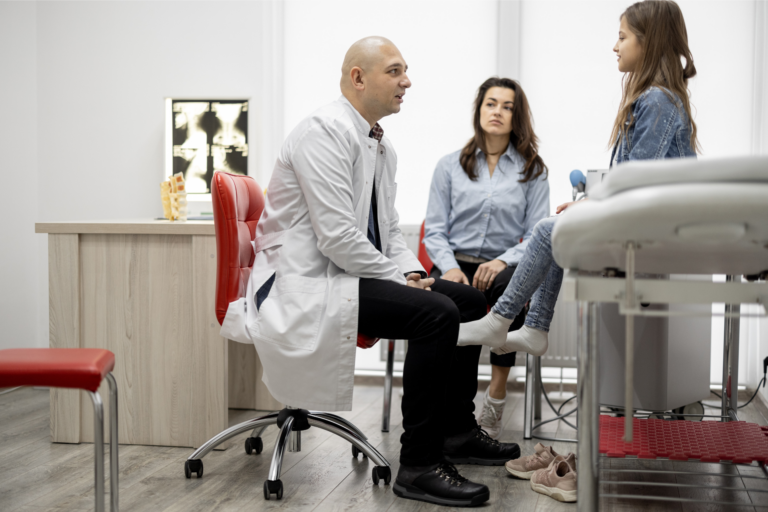Is Mucus In Stool Normal? Causes, Treatments & Home Remedies
Key Takeaways:
It’s normal for a little bit of mucus to appear in your stool — this jelly-like substance is a normal part of digestive health.
Increased amounts of mucus in poop, along with diarrhea, might be caused by some intestinal infections.
If mucus in stool is bloody or accompanied by tummy pain, it could be a sign of more severe conditions like IBS, ulcerative colitis, or cancer.
Is mucus in stool normal?
Mucus is a normal component of the digestive system. It’s produced by the intestine to:
- Help protect the lining of the GI tract
- Create a healthy environment for good gut bacteria
- Ease the passage of stool
In general, mucus in stool isn’t visible to the naked eye, and its presence typically doesn’t indicate any health issues.
However, when mucus appears as clear, white, or yellow stringy goop in the toilet or clinging to your poop, this might be a sign of an underlying health concern that requires medical attention.
Though mucus in stool isn’t harmful in itself, it’s essential to identify the cause behind the increased mucus production to address any potential health problems.
Symptoms and characteristics of mucousy stool
Mucus in your stool can manifest in various ways, depending on why it’s happening. These are some common symptoms associated with mucousy stool that you should note:
Appearance
- Mucus may appear as clear, white, or yellow stringy goop in the toilet or clinging to your feces.
- It can sometimes have a slimy or sticky texture, making your stool look more slippery or coated.
- Mucus in an infant’s stool might be greenish and stringy or slimy.
Accompanying symptoms
The presence of mucus in stool might be accompanied by other symptoms, such as:
- Abdominal pain or discomfort
- Bloating
- Diarrhea or constipation
- The urgency to have a bowel movement
- A feeling of incomplete evacuation after a bowel movement (in other words, it doesn’t feel like you’ve finished pooping)
- Burning diarrhea
- Nausea or vomiting (in some cases)
Aggravating factors
Certain factors may exacerbate the presence of mucus in stool, including:
- Consumption of high-fat, low-fiber, or high-sugar foods
- Foods linked to food allergies, such as gluten
- Emotional stress, anxiety, or depression
Keep in mind that the specific symptoms and characteristics of mucousy stool can vary depending on the root cause. Monitor any changes to your stool and discuss them with your healthcare provider for diagnosis and treatment.
Common causes of mucus in stool
Ulcerative colitis
Ulcerative colitis (UC) is a type of inflammatory bowel disease that affects the lining of the large intestine, causing inflammation and ulcers. These ulcers can bleed and produce pus, which, along with increased production of mucus, can be visible in stool.
Crohn’s disease
Crohn’s disease is another type of inflammatory bowel disease (IBD) that can affect any part of the gastrointestinal tract.
Passing mucus in stool is less common in Crohn’s disease patients than in those with UC. But when it happens, this may indicate the development of an anal fissure (a tear in the lining of the anus).
Irritable bowel syndrome
Irritable bowel syndrome (IBS) is a functional gastrointestinal disorder characterized by abdominal pain, bloating, and altered bowel habits.
People with diarrhea-predominant IBS (IBS-D) may experience an excess of whitish mucus in their stool. It’s unclear why people with IBS have increased mucus production.
IBS may also lead to white specks in stool along with mucus.
Proctitis
Proctitis is the inflammation of the rectum’s lining, often caused by infections, IBD, or radiation therapy. This inflammation can lead to an increased production of mucus, which you might see in poop.
Food poisoning
Food poisoning caused by bacteria, viruses, or parasites can lead to gastrointestinal inflammation and increased mucus production. You might see excess mucus in your stool along with other symptoms like diarrhea, vomiting, and abdominal pain.
In some cases, food-borne illnesses may lead to yellow or pale-colored stool.
C. difficile (C. diff) and other infections
Clostridium difficile (C. diff) is a type of bacteria that can cause severe diarrhea and inflammation of the colon. (It’s also known to cause sweet-smelling poop in some patients.)
Other bacterial infections, such as rotavirus, Salmonella, Shigella, and Campylobacter, can also cause increased mucus production, leading to mucus in the stool.
Rectal cancer or colon cancer
Although less common, cancer can cause mucus in the stool, especially when accompanied by blood or changes in bowel habits. It’s essential to consult a healthcare provider if you suspect rectal cancer.
Another poop-related sign of bowel cancer is melena. Melena is a tarry, black stool with irregular edges that happens when undigested food and blood mix with regular stool.
In general, healthy mucus production in the digestive tract actually protects against the formation of malignant cells.
Anal fistulas/rectal ulcers
Anal fistulas are abnormal connections between the rectum and the skin or other organs, often caused by an abscess or Crohn’s disease. Rectal ulcers are sores in the lining of the rectum.
Both conditions can lead to mucus in stool.
Read Next: Black Poop in Pregnancy: Causes & When to Call Your OB/GYN
Allergic colitis
Allergic colitis is inflammation of the colon caused by an allergic reaction to certain foods like protein in cow’s milk. Infants with allergic colitis may have mucus and blood in their stool, along with other symptoms like diarrhea and vomiting.
Cystic fibrosis
CF, a genetic disorder, causes the body to produce thick, sticky mucus that may clog the lungs, pancreas, and other organs. The pancreas is responsible for producing digestive enzymes that help break down food.
In people with cystic fibrosis, this thick mucus can block the pancreatic ducts, stopping certain digestive enzymes from reaching the small intestine. As a result, people with CF may have difficulty digesting food properly, which can lead to malabsorption and nutrient deficiencies.
Mucousy stool is a common symptom of CF. Stool may also appear slimy, greasy, or oily and can cause diarrhea, constipation, and abdominal discomfort.
Diagnosis of mucus in stool
To diagnose why your stool is mucousy, your healthcare provider will probably begin with a thorough medical history, then ask about changes in your bowel movements and symptoms that may be related. They’ll also ask questions about any recent travels, your diet, and over-the-counter or prescription medications you take.
They may also order diagnostic tests to help pinpoint the cause of the mucus in your stool. Some of these tests include:
- Stool cultures: Your doctor may collect stool samples to look for the presence of harmful bacteria, parasites, or other pathogens that could cause your symptoms.
- Blood tests: Blood tests can help identify inflammation, infection, or anything else out of the ordinary that might explain the mucus in your stool.
- Imaging studies: CT scans, MRIs, or X-rays can be used to examine your gastrointestinal tract and identify any structural issues or blockages.
- Endoscopy: In some cases, your provider may need to perform an endoscopy. This procedure uses a small camera on a flexible tube to visualize the inside of your colon and rectum. An endoscopy can help identify inflammation, ulcers, or other issues that might be causing the excess mucus. Depending on your other symptoms, they might use alternative scoping procedures like colonoscopy or sigmoidoscopy.
In many cases, invasive testing may not be necessary to determine the cause of mucus in your stool. This depends on what your doctor notes when discussing your symptoms and medical history.
Treatments for conditions causing mucousy stool
Once your doctor determines why your stool contains mucus, they will prescribe treatments appropriate to your condition Here’s an overview of treatments for some of the common conditions associated with mucousy stool:
- Ulcerative Colitis: Treating ulcerative colitis often focuses on reducing inflammation and managing symptoms. This may include medications like anti-inflammatory drugs, immunosuppressants, and biologic therapies. For more severe cases, surgery may be necessary to remove the affected part of the colon.
- Irritable Bowel Syndrome: To manage IBS, your doctor will likely recommend a combination of dietary changes, stress management, and medications. A low-FODMAP diet, increased fiber intake, and avoiding trigger foods are all particularly effective. Medications for IBS include antispasmodics, laxatives, or antidiarrheals, depending on your specific symptoms.
- Crohn’s Disease: Treatment for Crohn’s disease aims to reduce inflammation and manage symptoms. You may be prescribed medications such as corticosteroids, immunomodulators, and biologics. In some cases, surgery may be required to remove damaged sections of the intestine or repair complications such as fistulas.
- Proctitis: Proctitis treatment usually includes medications to control inflammation, such as corticosteroids, mesalamine, or sulfasalazine. Your doctor may prescribe antibiotics to address a bacterial intestinal infection. Lifestyle changes, such as adjusting your diet, may also help relieve symptoms.
- Food Poisoning: Most of the time, food poisoning resolves on its own with rest, hydration, and over-the-counter medications to manage symptoms. However, if your symptoms persist or get more severe over time, your physician might prescribe antibiotics or other treatments.
- C. difficile (C. diff) and Other Infections: Most of the time, C. diff infections only happen because you’re taking antibiotics that suppress your immune system, allowing for bacterial overgrowth. Treating C. diff infections often involves stopping the antibiotic that caused the infection and starting a new antibiotic specifically targeting C. diff. In severe cases, fecal microbiota transplantation (FMT) may be recommended. Other infections may be treated with appropriate antibiotics or antiviral medications.
- Rectal Cancer: How you treat colorectal cancer depends on the stage and location of the cancer. Options may include surgery, radiation therapy, chemotherapy, or targeted therapy.
- Anal Fistulas/Rectal Ulcers: Treatment for anal fistulas or rectal ulcers might include medications to control inflammation, antibiotics for infections, or surgical intervention to repair the affected area.
- Allergic Colitis: For allergic colitis, your and/or your baby’s physician will identify and eliminate the allergenic food from the diet. In infants, this may require switching to a hypoallergenic formula or adjusting the breastfeeding mother’s diet.
Home remedies and lifestyle adjustments
Some home remedies and lifestyle modifications may help alleviate your symptoms and improve your overall gut health:
- Hydration: Staying well-hydrated is vital for maintaining a healthy digestive system. Aim to drink at least 8-10 glasses of water per day to help prevent constipation and promote healthy bowel movements.
- Balanced diet: Focus on a well-rounded diet rich in fruits, vegetables, lean proteins, and whole grains. These foods provide essential nutrients and fiber that promote healthy digestion. Keep in mind that increasing green foods in your diet may lead to green poop, which is generally harmless.
- Avoid trigger foods: If specific foods worsen your symptoms, avoid them. Common culprits include high-fat, spicy, or gas-producing foods, as well as those that may cause food allergies or intolerances (like celiac disease or lactose intolerance).
- Probiotics: Probiotics are beneficial bacteria that help improve your gut health. You can find them in yogurt, kefir, and fermented foods like sauerkraut, kimchi, and tempeh. You may also consider taking a probiotic supplement to boost the levels of commensal (good) bacteria in your gut.
- Exercise: Regular physical activity helps stimulate digestion and prevent constipation. Aim for at least 30 minutes of moderate-intensity exercise most days of the week. Don’t overdo it, as this can further aggravate symptoms in your digestive tract.
- Stress management: Stress can exacerbate gut issues. Healthy ways to cope may include meditation, deep breathing exercises, yoga, or other relaxation techniques.
- Maintain a regular bowel routine: Establishing a consistent routine for bowel movements can help train your body to have more regular and predictable bowel movements. Aim to set aside time each day to relax and use the bathroom without feeling rushed.
Remember, these home remedies and lifestyle modifications should be used in conjunction with treatments prescribed by your healthcare provider. Consult with your doctor before significantly changing your diet or lifestyle.
When to consult a doctor or visit the ER
Although a small amount of mucus in stool can be normal, there are instances when you should seek medical attention.
Consult your healthcare provider if you experience any of the following:
- Persistent mucus in stool: If you consistently notice mucus in your stool over an extended period, it’s a good idea to consult your healthcare provider to identify the cause and rule out any underlying conditions.
- Accompanying symptoms: Seek medical attention if you experience additional symptoms such as abdominal pain, significant changes in bowel habits, diarrhea, constipation, weight loss, or fever.
- Blood in stool: If you notice bright red blood, dark blood, or black, tarry stools, schedule an appointment with your doctor immediately. These may be signs of a more severe issue.
- Severe pain or discomfort: If you’re experiencing intense abdominal cramps or discomfort that doesn’t improve or worsens over time, seek medical advice.
- Signs of dehydration: If you’re experiencing symptoms of dehydration due to diarrhea or vomiting, such as dizziness, dark-colored urine, or extreme thirst, call your doctor to discuss the possible causes.
If you experience these signs or symptoms of a medical emergency, you may need to visit the nearest ER:
- High fever
- Severe abdominal pain
- Heavy rectal bleeding






![Why Does My Poop Smell Sweet? [Infants & Adults]](https://poopquestions.com/wp-content/uploads/Sweet-Smelling-Poop-Header-768x513.png)
